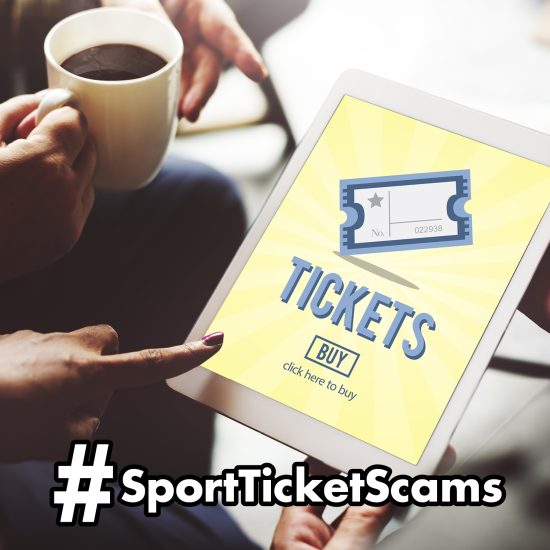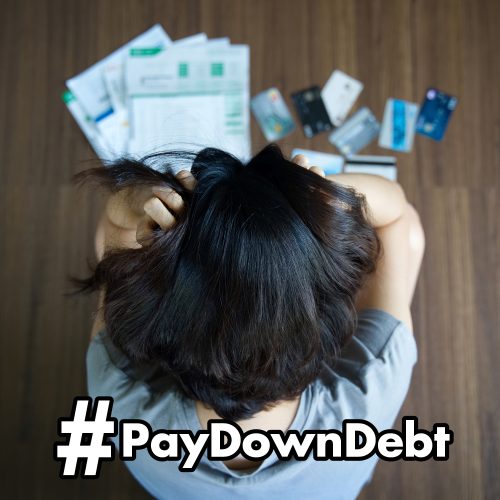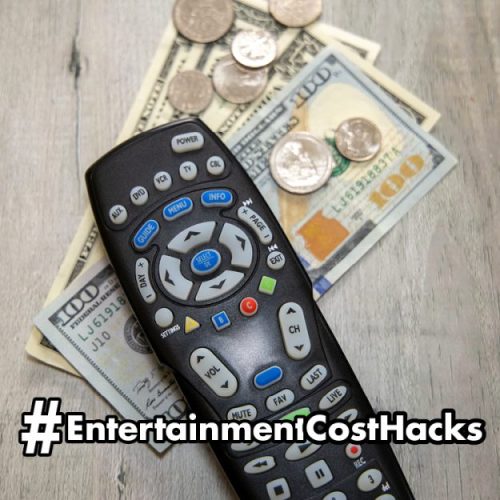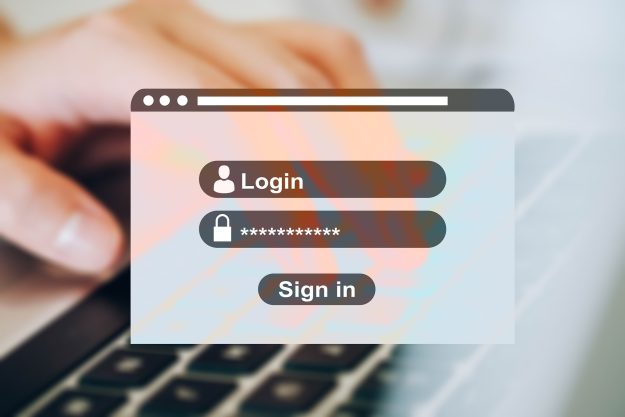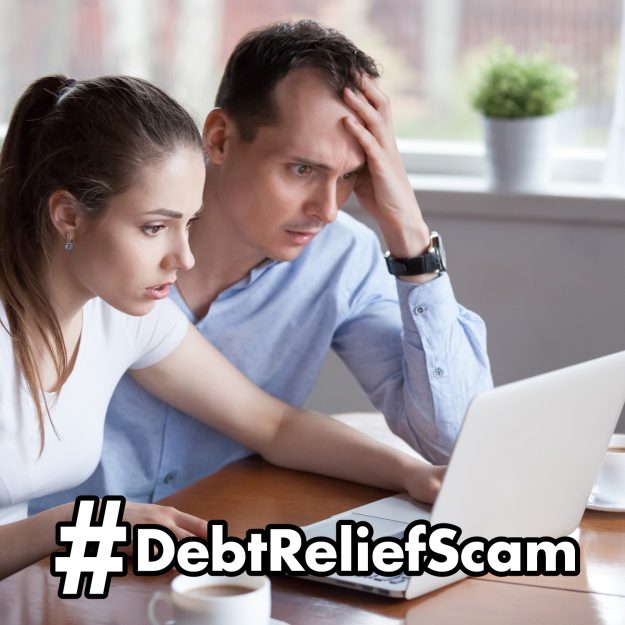Beware of Sport Ticket Scams
Sport ticket scams can make the best game go foul. Here’s what to know about these scams and how to avoid them.
How the scams play out
In a sport ticket scam, a target clicks on an online ad to buy tickets to a live sporting event. They enter their info and choose seats. Next, they’ll input their credit card info, complete the payment, and wait for confirmation. But the wait never ends! Unfortunately, the virtual tickets aren’t coming, and the seller has ghosted the victim. To make matters worse, the scammer now has the personal info and card details for more scamming shenanigans.
In another version of the sport ticket scam, the victim gets an e-ticket after completing the transaction. But this ticket is useless. It is either counterfeit with bogus barcodes and logos or a copy of an actual ticket that has already been sold to other buyers.
The dos and don’ts of purchasing sport tickets:
Do:
- Buy the tickets using a credit card rather than a debit card, gift card, or cash.
- Check out the seller before agreeing to the purchase.
- Buy tickets at the venue box office.
- Buy tickets from authorized brokers and third-party sellers after verifying their contact information.
- Research the seller by looking for a safe website and a legitimate physical address and phone number.
- Do a quick online search for negative reviews about the seller.
- If the site requires a login and password, be sure to use a unique password.
- Verify that the tickets have the correct date and time before confirming your purchase.
Don’t:
- Don’t wire money to pay for tickets.
- Don’t pay for a ticket from an unknown reseller before seeing it.
- Don’t meet a private ticket seller alone or in a low-traffic area.
- Don’t trust online search results for ticket sellers without researching each one well.
If you’ve been scammed
If you believe you’ve been targeted by a sport ticket scam, there are steps to take to mitigate the damage and to help stop the scammers. First, if you’ve paid with a credit card, be sure to dispute the charge, cancel the card and ask to be issued a new one. Next, report the incident to the FTC. Finally, let your family and friends know about your experience to help them avoid becoming a victim.
Stay alert and stay safe!

